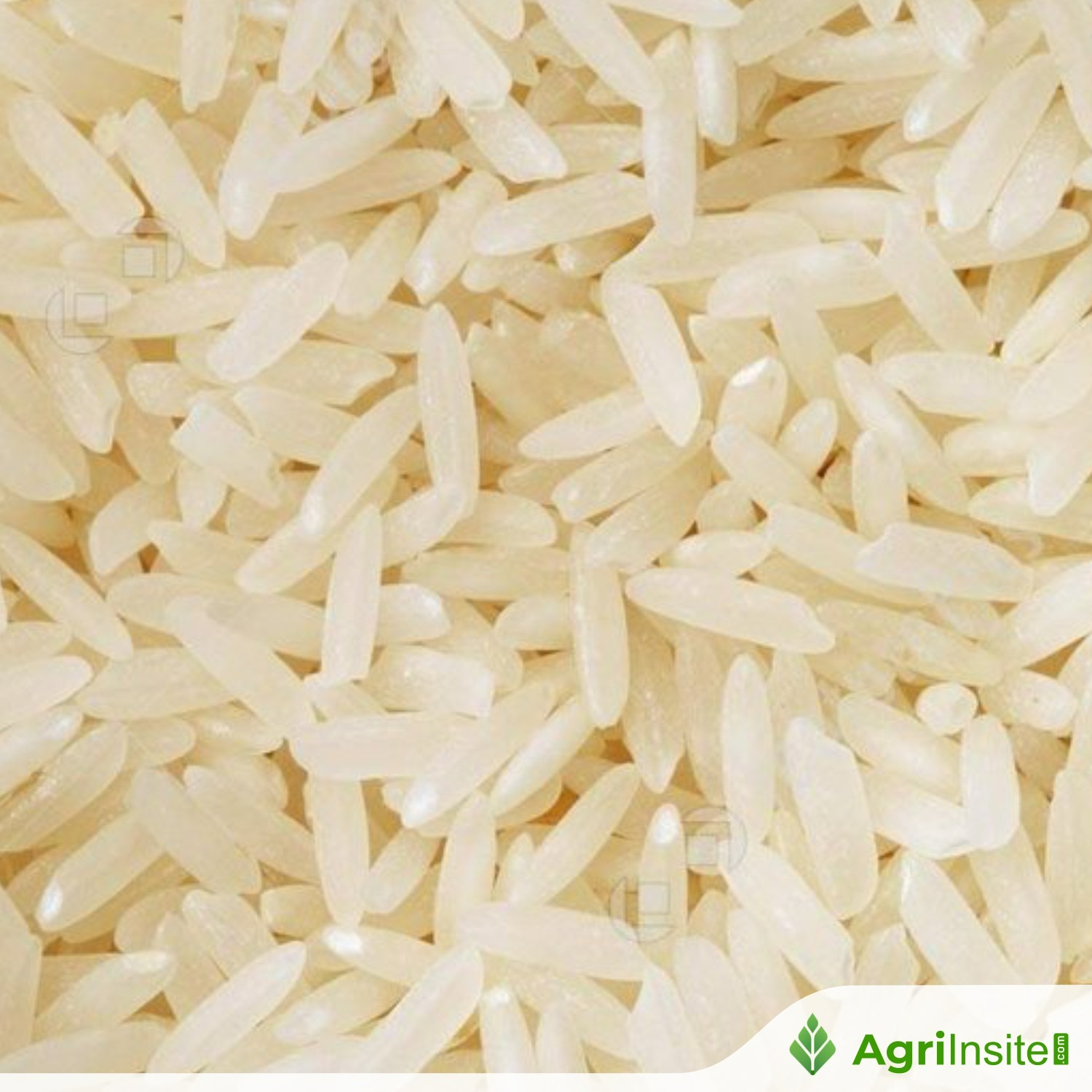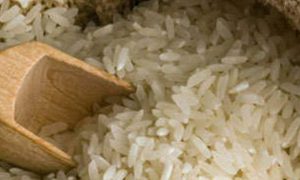Nigeria : Rice industry under threat by selective waivers, others —Stakeholders

Nigeria’s rice industry is facing a crisis due to selective import waivers, rampant smuggling, and market distortions, stakeholders warned. The 2024 waiver on husked rice imports collapsed local demand, shuttered mills, and left farmers with unsold harvests. CARF-FSD Nigeria urged urgent government action to end waivers, combat smuggling, and support local production to safeguard jobs and national stability.
ABUJA—Stakeholders, under the auspices of Competitive African Rice Forum, Nigerian chapter, CARF-FSD Nigeria, weekend, cried out over threat the country’s rice industry was facing due to selective waivers, smuggling and market distortions.
Chairman, Board of Trustees, CARF-FSD Nigeria, Peter Dama, said Nigeria’s rice value chain was not the source of food inflation, adding that it was the most scalable, inclusive and solution available.
“If protected and empowered, the industry can feed the country, reduce import dependence, create jobs and anchor rural development,” he said.
He also said CARF-FSD Nigeria as a broad coalition of rice farmers, processors, millers, marketers, NGOs, and development partners, had been supporting the government and was always ready to support the government in building a rice-secure, which is economically stable and politically safe for Nigeria.
Dama said: “Nigeria’s rice industry, which has seen over two decades of growth through public-private investments, now faces a potential collapse, if immediate corrective actions are not taken.
He said: “Over 13 million metric tonnes of domestic milling capacity have been installed nationwide, enough to meet and even exceed national demand.
“However, this productive capacity is now grossly underutilised as imported and smuggled rice floods the market.
“The 2024 waiver undermined a decade of progress. In July 2024, the federal government granted a 180-day duty waiver on the importation of key food items, including husked brown rice, which took effect in 2024.
“While intended to temporarily reduce food prices and combat hoarding, the waiver unintentionally triggered a sharp downturn in local rice market activity: Paddy demand collapsed, leaving farmers with unsold harvests.”
“Local mills scaled down or shut down operations because of inability to compete with subsidised imports.
“Rural job losses mounted across rice-producing states, including Kebbi, Kano, Ebonyi, Plateau, Nasarawa, Jigawa, Ekiti, Benue, Akwa Ibom, Adamawa and a host of other states.
“Youth employment and female-led processing clusters were decimated, reversing years of economic inclusion efforts.
“Ripple effects of the waiver are still crippling production, reducing future planting interest, and destabilising the rice sector’s economic foundation.
“Beyond waivers, massive inflows of smuggled rice, often substandard and unregulated, continue to saturate Nigerian markets through porous borders.
‘’Smuggling has made legitimate millers and processors uncompetitive; undermined health standards and food safety; exposed border communities to the influence of criminal trade networks; erased market confidence for smallholder farmers, cooperatives and agribusinesses who play by the rules.
“As Nigeria approaches the 2027 elections, the rice industry’s decline poses grave risks to national security and political stability. The loss of jobs, income and productive opportunities for rural youth may lead to widespread unrest in agricultural regions.’’
Dama called on the federal government to urgently intervene to reverse this trajectory and safeguard the rice industry, not just for economic reasons but for national resilience.
“Government should end selective import waivers on rice and related food commodities. All trade incentives should be transparent, time-bound, and equitable; reaffirm rice as a protected strategic crop, deserving of policy continuity to protect over five million livelihoods directly dependent on its value chain.
“Strengthen Nigeria Customs Service operations to seal off key smuggling corridors and deploy rapid-response border enforcement; create a national rice buffer stock and off-take mechanism to stabilize market prices during harvest cycles.
“Support paddy production through access to irrigation where we can have double paddy production circle that is through rain fall and irrigation, supply of affordable inputs, mechanization, and affordable low interest agriculture financing.’’
To Read more about Rice News continue reading Agriinsite.com
Source : Vanguard















